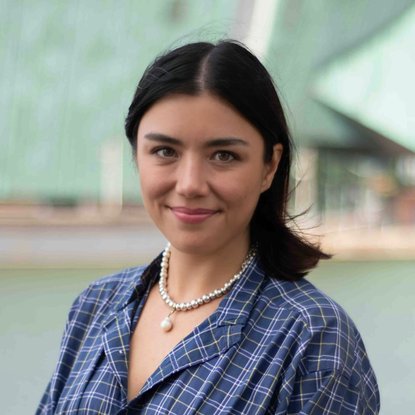Marineterrein Living Lab: Urban Experimentation for Just and Sustainable Cities
The Marineterrein Living Lab is a collaboration between active community members of Marineterrein Amsterdam, focused on shaping the City of the Future. This unique location in the heart of the city serves as a space where innovative ideas and technologies are prototyped to foster more just, sustainable, and livable urban environments. It provides entrepreneurs, researchers, policymakers, students, and other stakeholders the opportunity to develop and test solutions for complex urban challenges in a real-world setting.
As one of the few locations in Amsterdam that allows outdoor experimentation, Marineterrein promotes dynamic collaboration between innovators and local communities. Its ecosystem connects experimenters with a wide network of stakeholders, initiatives, and support structures, facilitating cooperation across public, private, and academic sectors. This enables innovators to focus on creating scalable solutions with meaningful real-world impact.
Collaborative Experimentation at AMS Institute
At AMS Institute, we initiate and coordinate experiments that address six key urban challenges:
- Smart Urban Mobility
- Urban Energy
- Climate Resilient Cities
- Circularity in Urban Regions
- Metropolitan Food Systems
- Responsible Urban Digitization
In collaboration with partners such as TU Delft and Wageningen University & Research, we support innovators in shaping the future of cities. Our focus is on solutions that are not only innovative but also socially responsible and scalable. These projects frequently explore new approaches to designing and organizing urban spaces.
Through an iterative process of co-creation, testing, and feedback with relevant stakeholders, we ensure broad support and actionable insights to refine solutions. Engagement with real users enhances both the innovation process and its relevance, helping experimenters scale their solutions and generate lasting impact in Amsterdam and beyond.
By leveraging this network of knowledge, technology, and practice, AMS Institute contributes to building cities that are smart, sustainable, just, and resilient.
Explore our current and past experiments at the Marineterrein Living Lab below
Past experiments
Here you can find some of our past experiments.
Partners
Bureau Marineterrein, City of Amsterdam, Amsterdam Smart City, Nemo
